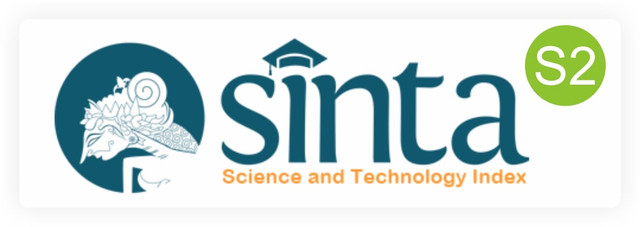Ethanol-based solvent system for recovery antioxidant activity Centella asiatica L. Urban and its application in sleep-deprived Rats
DOI:
https://doi.org/10.12928/pharmaciana.v14i2.27277Keywords:
Centella asiatica L. Urban, antioxidant_activity, ethanol, glutathioneAbstract
Antioxidants have the ability to eliminate free radicals by donating electrons to oxidants. Preclinical and clinical studies show that Centella asiatica L. Urban has antioxidant activity. Ethanol was the best solvent for extracted antioxidant compounds from Centella asiatica L. Urban. The concentration of ethanol solvents effect to the compounds extracted and its antioxidant activities. The objective of study to determine ethanol based solvent systems for best recovery of antioxidant activities and in vivo antioxidant activity of the most active extract using stress induced sleep-deprived rats with glutathione (GSH) concentration parameters. Ethanol based solvent system show different recovery antioxidant activity of Centella asiatica L. Urban. Ethanol 70% had the highest recovery of antioxidant activity with an IC50 value of 76.76 ppm. Ethanol 70% Centella asiatica L. Urban extract given in sleep-deprived rats at 300 mg/kg were not significantly different in glutathione levels from those group rats that received the positive control solution (ascorbic acid). The 70% ethanol extract of C. asiatica L. Urban has the potential to ameliorate the stress induced by sleep deprivation.
Downloads
Published
Issue
Section
License
Authors who publish with Pharmaciana agree to the following terms:
- Authors retain copyright and grant the journal the right of first publication with the work simultaneously licensed under a Creative Commons Attribution License (CC BY-SA 4.0) that allows others to share the work with an acknowledgment of the work's authorship and initial publication in this journal.
- Authors are able to enter into separate, additional contractual arrangements for the non-exclusive distribution of the journal's published version of the work (e.g., post it to an institutional repository or publish it in a book), with an acknowledgment of its initial publication in this journal.
- Authors are permitted and encouraged to post their work online (e.g., in institutional repositories or on their website) prior to and during the submission process, as it can lead to productive exchanges, as well as earlier and greater citation of published work.


1.png)











